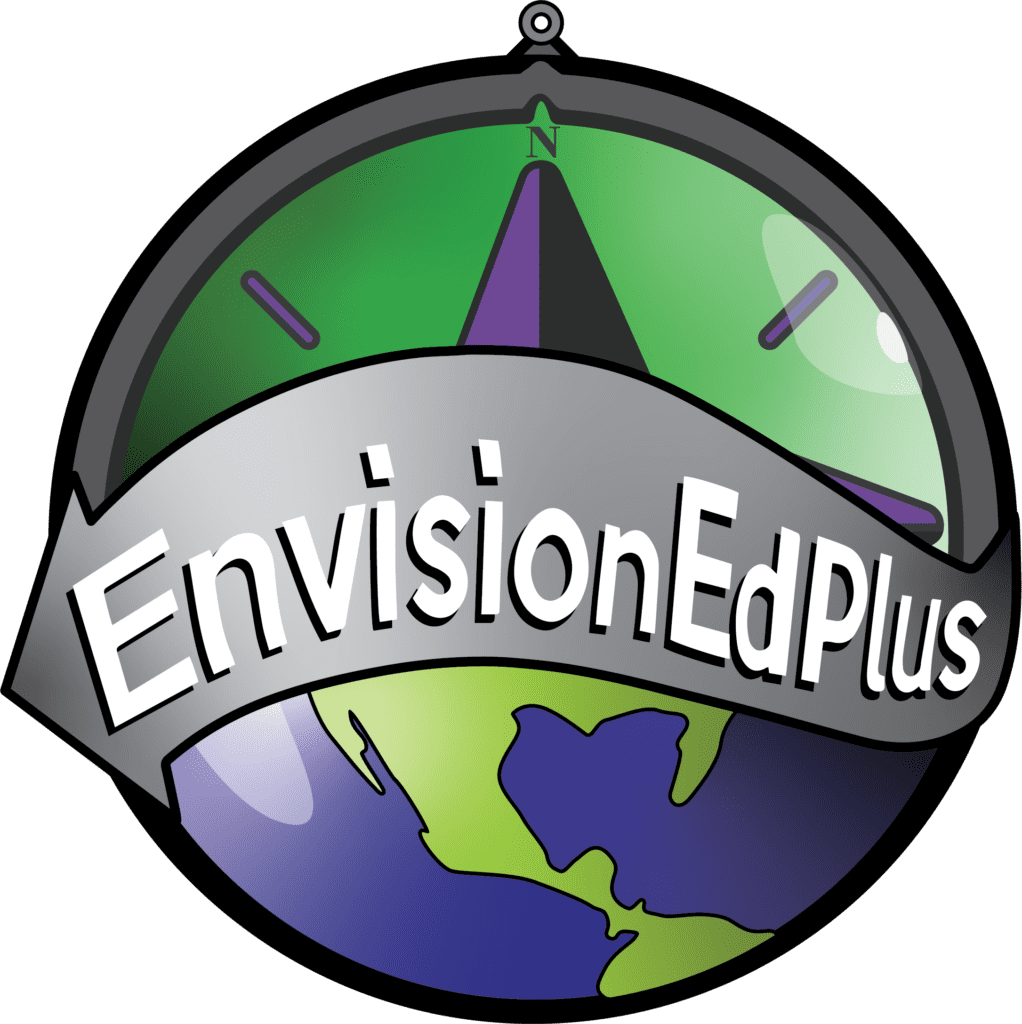The Ohio House of Representatives has passed its version of the Ohio Biennial Budget (HB 166) by an overwhelming majority.  This includes a $675 million increase in K-12 funding. The Legislative Service Commission (LSC) provides a great comparison document which shows the similarities and differences between the Governor’s budget and the version approved by the Ohio House. Â
The EnvisionEdPlus budget watch is from a slightly different lens than many other organizations. Â We track changes that are likely to impact our partners with an emphasis on access to resources that promote a) innovation in education, b) healthy youth development, c) educational system change, and, d) cross system collaboration to promote youth success. Â We also track budget items likely to result in competitive grants aligned to these areas.
So, here is the scoop as it stands today. See also the Education Comparison Document for greater detail.
Innovation in Education
Computer Science Credential Grants. Up to $1,500,000 in FY 2020 (only) for grants to support coursework and content testing fees for teachers to receive credentials to teach computer science. (Same as the Executive.)
College Credit Plus Credential Grants. Up to $3,000,000 in FY 2020 (only) for grants to support graduate coursework for high school teachers to receive credentialing to teach College Credit Plus courses in a high school setting. (Same as the Executive.)
Industry Recognized Credentials and Journeyman Certification Supports. Up to $8,000,000 in each fiscal year to support payments to public schools whose students earn an industry-recognized credential or receive a journeyman certification. Requires the educating entity to pay for the credential (and claim reimbursement) and to inform students in CTE courses that lead to an industry-recognized credential about the opportunity to earn the credentials. (Same as the Executive.)
Innovative Workforce Incentive Program (IWIP). Up to $12,500,000 in each fiscal year to pay public schools $1,250 for each qualifying credential earned by a student attending the school. Up to $4,500,000 in each fiscal year for public schools to establish credentialing programs that qualify for IWIP. Requires ODE to prioritize senior-only credentialing programs in schools that currently do not operate such programs. (Same as the Executive.)
- EEP Advocacy Note: It is unclear whether funds will be awarded through competitive grants.
Healthy Youth Development
Student wellness and success. Provides student wellness and success funding on a per-pupil basis to city, local, and exempted village school districts based on the number of students who were enrolled in the district in the preceding fiscal year. (This funding stayed in the budget but was modified to increase funds for districts, community schools, STEM schools and JVSDs during FY2021.)
ESC Grants for Prevention. $1,000,000 in each fiscal year to support professional development grants to educational service centers to train educators and related personnel in models of prevention of risky or harmful behaviors. (Same as the Executive.)
School Climate Grants. Continues this year’s school climate grants that provide competitive grants to eligible city, local, exempted village school districts, and community schools to implement positive behavior intervention and supports frameworks, evidence- or research-based social and emotional learning initiatives, or both, in school buildings serving any of grades K-3. (Same as the Executive.)
Educational System Change
ESC Contracts Exempt from Bid Process. With conditions, ESCs may enter into a contract to purchase supplies, materials, equipment, and services on behalf of a school district or political subdivision that has entered into a service agreement with the ESC. Exempts a school district or political subdivision that has entered into an agreement with an ESC from competitive bidding requirements for the purchase of supplies, materials, equipment, or services. (Same as the Executive.)
ESC Expanded Eligibility to Apply for Grants. Permits, as part of a service agreement between an educational service center (ESC) and a school district or community school, an ESC to apply for state or federal grants on behalf of the client district or school and specifies that an ESC is considered a school district for the purposes of eligibility in applying for any state or federal grant. (Same as the Executive.)
- EEP Advocacy Note: This could be a game changer for small and rural districts or community schools to be able to work with their ESC partners to access competitive grants.
- Also, this language does not appear to include JVSDs and STEM schools.
ESC School Improvement Grant. Up to $3,500,000 in each fiscal year to be distributed to ESCs through a grant process for school improvement initiatives and for the provision of technical assistance to schools and districts as required by federal law. (Same as the Executive.)
Innovative Shared Services at Schools Program. $1.0 million in each fiscal year to make competitive grants to city, local, and exempted village school districts, JVSDs, community schools, STEM schools, and educational consortia for projects that demonstrate increased efficiency and effectiveness, sustainability, and scalability through a shared services delivery model. Grants generally limited to $100,000 per award. (Same as the Executive.)
Community School Facilities funds. Specifies these funds can be used to pay brick-and-mortar community and STEM schools an amount equal to $200 per pupil and internet- and computer-based community schools an amount equal to $25 per pupil in each fiscal year for facilities related costs. (Same as the Executive.)
- EEP Advocacy Note: In the past community schools and STEM schools could access grants to renovate to build new facilities. These funds can be used for other ‘facility related costs’.
Cross System Collaboration
FAFSA Completion Grants. $75,000 in each fiscal year to award grants to districts, ESCs and JVSD school districts to support activities that encourage and assist high school seniors with completing the Free Application for Federal Student Aid (FAFSA). Requires districts to work with a public or private community partner and must include at least one activity such as a training session or a fair that actively engages students. (Same as the Executive.)
- EEP Advocacy Note: This does not appear to apply to community schools or STEM schools.
Do you have questions? Do you need support? Just give me a shout!
~Michele Timmons, EnvisionEdPlus President
([email protected] 614.893.7341)




